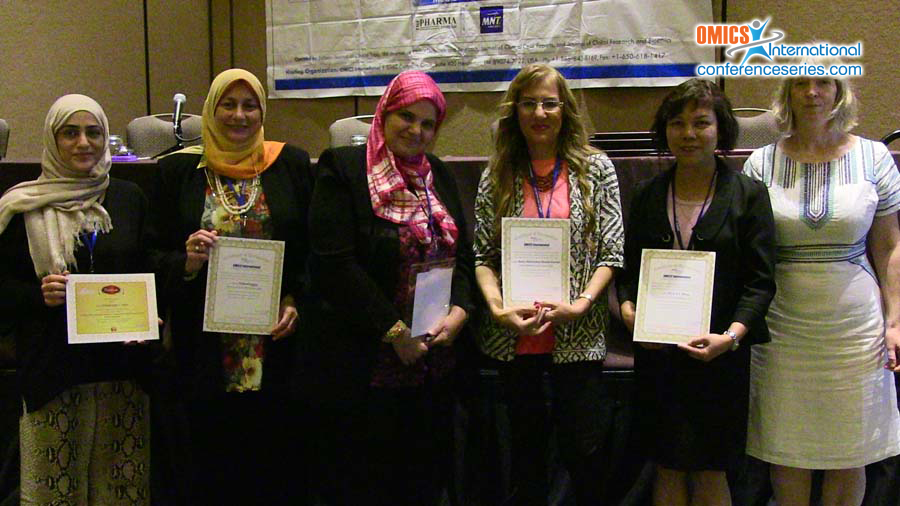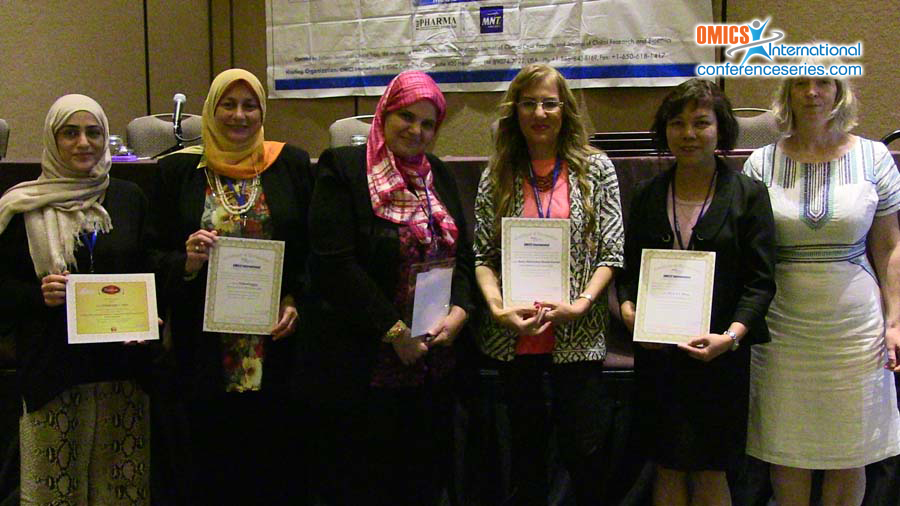
Ruqaiya M Al Balushi
United Arab Emirates University, UAE
Title: Effect of intravenous glutamine supplementation in trauma patients receiving enteral nutrition: A prospective, blinded, randomized, placebo-controlled clinical trial
Biography
Biography: Ruqaiya M Al Balushi
Abstract
Introduction: Glutamine is the most abundant amino acid in the body acid in the bodyand has been considered non-essential in the past because it can be synthesized de novo. However, during stress and catabolic conditions such as multiple trauma and critical illness, the demand for glutamine increases and its concentration in plasma and muscle fall dramatically. Therefore, glutamine has been re-classified as an essential amino acid under such conditions. Despite the numerous clinical trials that have investigated the beneficial effects of glutamine supplementation in patients receiving enteral nutrition, the results are conflicting and inconclusive. This study aimed to determine the effect of intravenous alanyl-glutamine (Ala-Gln) supplementation on improving organ dysfunction and reducing infectious complications in multiple trauma patients receiving enteral nutrition.
Methods: A triple-blinded, randomized, controlled clinical trial was conducted to investigate the effect of intravenous Ala-Gln supplementation on organ failure, infectious complications and body composition in multiple trauma patients receiving enteral nutrition. Participants were randomly allocated (block-randomization) to receive either intravenous Ala-Gln (0.5 g/kg body weight; n=15) or intravenous placebo (n=15). Both groups received the same standard enteral nutrition protocol and the same standard intensive care unit care.
Outcomes/ Results: The primary outcome, which was the pattern of change in total Sequential Organ Failure Assessment (SOFA) score from day 2 to day 11 (over 10 days), was not significantly different between groups (intention-to-treat: regression coefficient 0.4938, 95% CI=-0.8113-1.7988, p=0.46; per protocol: regression coefficient 0.7220, 95% CI=-0.9758-2.4197, p=0.41). Although there was no significant difference reported in infectious complications with Ala-Gln supplementation, there was a slight reduction in ventilator-associated pneumonia (VAP) cases (2 vs. 6; p=0.21). Similarly, there were no significant differences in other secondary outcome measures (number of days of antibiotic use, number of ventilator-free days, ICU and hospital length of stay, protein levels, albumin levels and lymphocyte count). However, there was a significant increase in urea (p=0.001) and creatinine (p=0.01) levels in the Ala-Gln group. There was no significant difference in fat-free mass percentage (p=0.12) or fat mass percentage (p=0.12) between groups. Although there was a significant overall decrease in fat-free mass percentage over time in both groups (p=0.002), the rate of decline in the Ala-Gln group was slower, suggesting a beneficial effect.
Conclusion: Overall, the beneficial effect of intravenous Ala-Gln was not confirmed in this trial possibly due to a type II error. A rigorous, multicentre trial is needed to confirm the efficacy of intravenous Ala-Gln supplementation in preserving lean body mass, and reducing VAP and infectious complications in multiple trauma patients receiving enteral nutrition. Furthermore, the significant increase in urea and creatinine levels suggests further investigation about the safety of glutamine supplementation on renal function.
Speaker Presentations
Speaker PPTs Click Here



